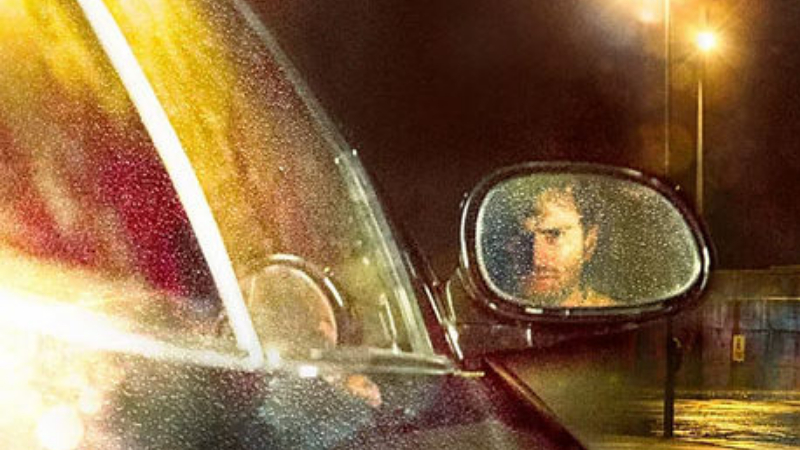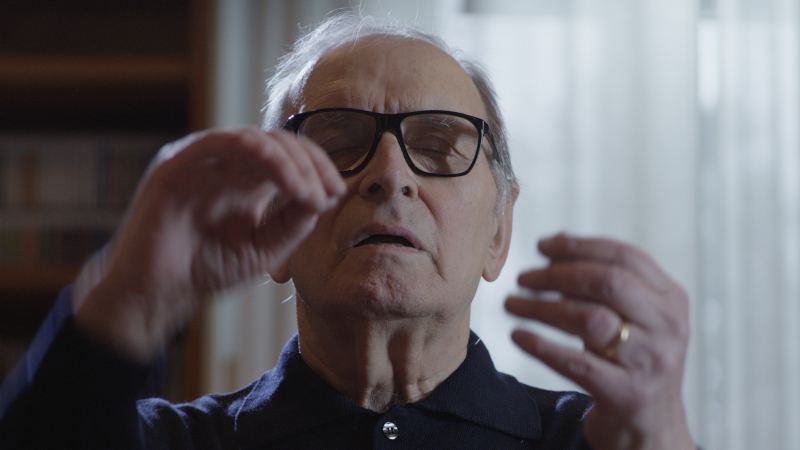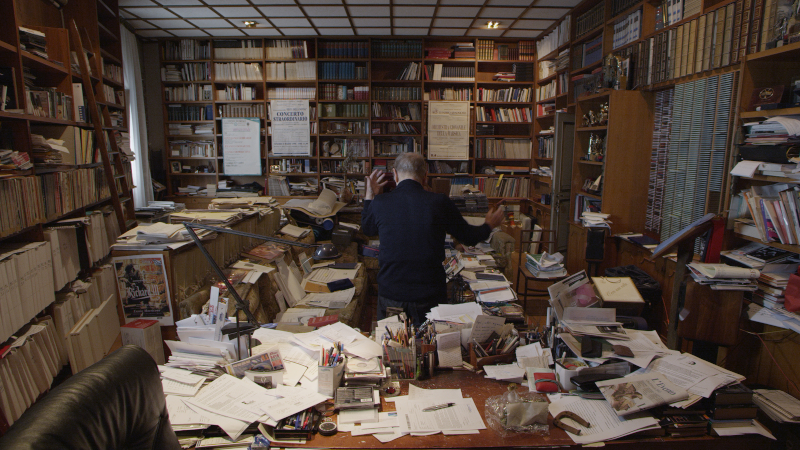Tramps like us
Run
Directed by Scott Graham
Certificate 15, 77 minutes
Released 13 March 2020
Now on BBC iPlayer until early November 2022, also on BFI Player subscription and iTunes. Review first published in Reform, March 2020.
Finnie (Mark Stanley) hates his job in a fish factory in Fraserburgh, Aberdeenshire. He and his wife Katie (Amy Manson) have Springsteen’s legend ‘Born to Run’ tattooed on his chest and her ankle, but as he says to her: ‘We never did run very far, did we?’ This is a story about regret and longing, about not getting out, family and relationships.
Finnie’s older son Kid (Anders Hayward) has just got his girlfriend Kelly (Marli Siu) pregnant, isn’t talking to and has been dumped by her. Kid throws a wobbly at work, in the same plant as Finnie, and loses his job. When Katie gives Finnie the come on, he just wants to shower because he stinks of fish. Out of nowhere, he borrows Kid’s car keys and takes his son’s car out for a spot of illegal night time street racing, something he used to do when younger… Read the rest
Now on BBC iPlayer until early November 2022, also on BFI Player subscription and iTunes.… Read the rest


